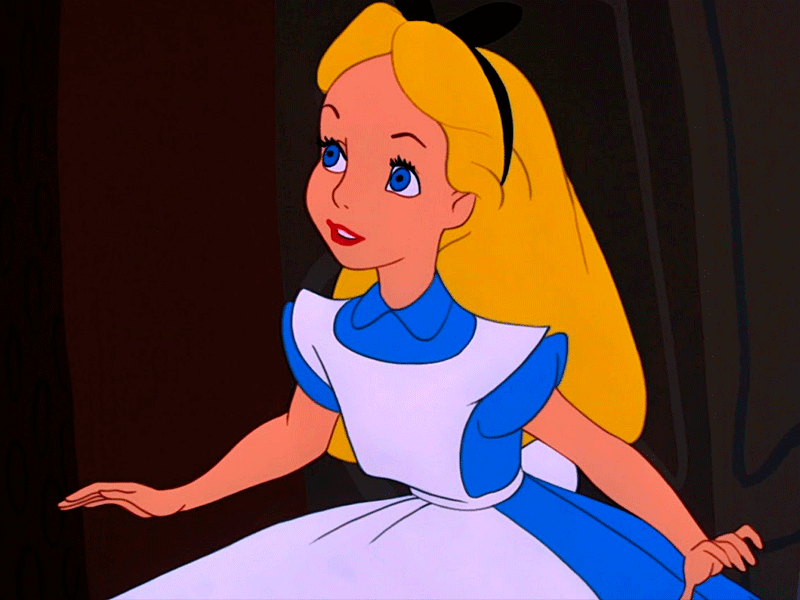Alice in Wonderland proclaims: “I can’t go back to yesterday because I was a different person then!”
Uncanny what comes out of the mouths of young people. Even fictionalized young people!
Obviously, I think it is a most valuable insight that many of us could benefit from. We often muse, if only I had done it this way. Or if only I could go back and fix things, or speak to mom, or ask forgiveness from dad. Immigrants speak of the home country with all its beauty and richness, forgetting the harshness and the realities of today. Older people always want to go back to their youth. The desire to relive or go back seems so natural and ever present, yet so unrealistic.
We all know we can’t go back. We know the impossibility and the rules of physics. But we think (or dream) that if there was a time machine, we could go back and enjoy it. We neglect the truths of Alice’s wisdom.
The fact is we simply are not the same people today that we were then. We cannot go back for we are not the “we” we were then. How totally and wonderfully confusing. Just right for Alice’s world, but also just right for our self-understanding. Human growth is not just a haphazard event; it is a necessary and sufficient condition of human reality. Without change and growth, there is no life.
If we stagnate in our education, relationships and patterns of interactions, if we have no growth in our cultural, social and educational lives, then we are not alive. We are not the same today as we were yesterday. What is amazing is that we manage to keep friends, family and co-workers as we flourish.
“Don’t go back to relive. Look back to learn and appreciate”
Our lives parallel the movement of the planets. Earth constantly rotates, yet we feel it not. We change, yet we feel it not. The moment the earth stops rotating around the sun, life, as we know it ends. The moment humans stop moving and growing, life ends. Our cultural and physical evolution is of necessity continuous. Our task then, the only matter under our control, is to ensure the direction of change – that it is healthy, precious and constructive.
One important caveat: we cannot live in the past, we cannot be what we once were. But we cannot and should not ignore or forget the past. Our heritage, our wisdom is all buried there. So we must look to the past, not to live there, not to re-experience it, but to learn from it. We can treasure it as the source of our present accomplishments (or problems).
We can see the contexts of our reality in history.
There are valuable lessons to be learned there. Why deny them? That would not be the path of wisdom Alice sets us on. But looking through the looking glass is not an experiment in going back in time to live there. It opens an opportunity to see things in different modes of existence, to express new ways of seeing and being, so that we can learn from our past mistakes and past successes. But we are not what we were yesterday. Our sightlines shift. We might see more clearly, or poorly, as through a veil, or through a microscope, focused but enlarged beyond all reality.
Alice’s lesson then is look we must, but accept the difference in you. Don’t go back to relive. Look back to learn and appreciate.
I have had many opportunities of late to look back and think of times gone by. Times of health and happiness, when I imagined I had all I wanted and plenty of time to be me. I cannot go back. I am different now. I appreciate the me of now, and look forward to the new me of tomorrow. Strangely, as I think of Alice’s quote, I am grateful, thankful and glad.
